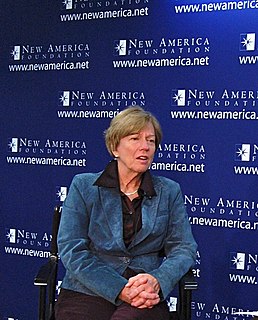A Quote by Fred Ehrsam
Blockchains are digital organisms. As organisms evolve through changes in their DNA, blockchain protocols evolve through changes in their code. And like biological organisms, the most adaptive blockchains will be the ones that survive and thrive.
Related Quotes
Evolutionary biologists often appeal to parsimony when they seek to explain why organisms "match" with respect to a given trait. For example, why do almost all the organisms that are alive today on our planet use the same genetic code? If they share a common ancestor, the code could have evolved just once and then been inherited from the most recent common ancestor that present organisms share. On the other hand, if organisms in different species share no common ancestors, the code must have evolved repeatedly.
If the organisms in a species now have trait T, and this trait now helps those organisms to survive and reproduce because the trait has effect E, a natural hypothesis to consider is that T evolved in the lineage leading to those current organisms because T had effect E. This hypothesis is "natural," but it often isn't true!
CRISPR-enabled 'gene drives' enable us to make changes to the germ-line of organisms permanent such that changes spread through the entire wild population, including making species extinct on demand. Unlike nuclear weapons such technologies are not complex, expensive, and able to be kept secret for a long time.
When I was working on my Ph.D., I developed a computer algorithm to look for rapid changes in populations' DNA. Our DNA changes constantly over generations, but if certain changes spread through a population more quickly than others, they are probably the beneficial results of natural selection. This is the protection we give ourselves to survive.
Mosts scientist are unable to arrive at a specific definition of biological evolution. “Biological evolution is… change in the properties of populations of organisms (you and me) that [happen during] the lifetime of a single individual. The changes in populations that are considered evolutionary are those that are inheritable via the genetic material from one generation to the next































